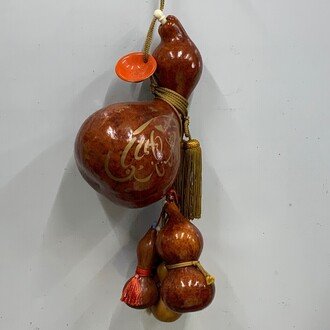ここから先は
3,785字

2024年第3四半期(7月〜9月)のエネルギー問題や環境問題を中心に,現代社会の論点を考えるヒントやシーズをご提供します。京都の隠れた愉しみも随所で紹介しています。日本語と英語の2か国語で表記。
The text is presented in both Japanese and English, making it a potentially useful resource for learning both languages.
『京都居候叢書』(きょうといそうろうそうしょ)第4篇。2023年第4四半期(10月から12月まで)の間,京都に居候をしながら,政治経済,ビ…
期間限定!Amazon Payで支払うと抽選で
Amazonギフトカード5,000円分が当たる
Amazonギフトカード5,000円分が当たる
Thank you very much!

